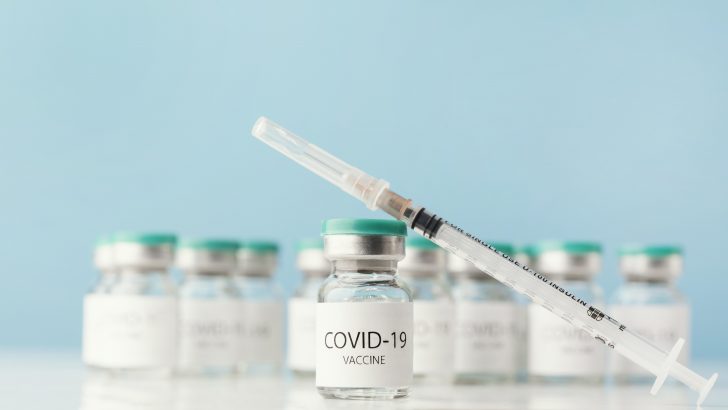Medical Matters
Over one billion people globally have now received at least one dose of a Covid vaccine. While this may sound encouraging, it only represents about 14% of the world’s population with notable differences in vaccine roll out by country. Israel now takes the place at the top of league table with over 50% fully vaccinated, whilst our closest neighbour (UK) has managed to administer at least one vaccine jab to half the population. By comparison, about 30% have been given one dose in the EU, with Ireland just trailing behind, and the US also trumping that figure reaching 40%.
One question still very much up in the air is just how long immunity from vaccination will last”
With such a slow easing of restrictions, all our hopes now rest on a ‘crank up’ of vaccine supply in the next two months. Currently, just over 10% of the country is fully vaccinated, but one jab can provide up to 80% immunity against Covid which is likely to last for several months. If vaccine roll out goes as planned, then it’s predicted that about 80% of the country will have been innoculated with at least one dose by the end of June. This would mean levels beginning to approach ‘herd’ immunity in August paving the way for an opening of society at large. For those under 50 who have suffered with Covid in the last 6 months, one vaccine shot may be enough to bolster immunity to a similar level in those fully vaccinated.
One question still very much up in the air is just how long immunity from vaccination will last. Typically, after common colds caused by other coronaviruses, there is believed to be good immunity for up to one year with levels waning thereafter. However, vaccination is likely to give a more robust and durable response. While there is strong immunity with the Pfizer vaccine for at least 6 months, only 2 weeks ago its company CEO suggested that a third dose may be needed in the period up to one year after immunisation. Antibody levels which are easily measurable in blood samples remained high at 6 months but may well drop off significantly. Despite this, immunity mediated by T cells generally provides more long term ‘immune memory’ but the effect of this in preventing clinical infection is harder to assess. However, it is thought that regardless of vaccine type, protection against Covid may be lost in a significant proportion of people by 12 months.
New viral strains
The emergence of new viral strains is also an ever-present threat to vaccine efficacy and while mRNA technology used by Pfizer and Moderna can be deployed quickly to redesign new jabs, the whole process still takes months. It has also been suggested that vaccines that use a viral vector to deliver the coronavirus (AstraZeneca and Johnston & Johnston) might not be as suitable for multiple dosing. This is because the body over time may mount an immune attack on the virus vector in a phenomenon known as ‘vector immunity’. As well as reducing efficacy it could also theoretically increase the risk of adverse immune mediated reactions.
Disorder
As we now know, both vaccines can also cause a very rare and unusual clotting disorder which appears to be triggered by the immune system. It’s associated with activation of the ‘clotting cascade’ and production of antibodies against platelets in the circulation. Clinical presentations are very similar, occurring in those under 60 and within 2 -3 weeks of vaccination. In particular, clots can occur in the veins in the brain (cerebral venous thrombosis) giving rise to severe headaches and in the spleen causing abdominal pain. However, estimated incidence is very rare affecting about 1 in 900,000 with Johnston & Johnston and 1 in 250,000 in those given the AstraZeneca. Furthermore, risk of mortality is less than 1 in 1.4 million. Importantly, those with a history of clotting do not appear any more likely to develop thrombosis. Indeed, the risk of any major adverse effect is so low that its benefits far outweigh the risk. In fact, it is estimated that those between 60-64 are 85 times more likely to die from Covid than to develop blood clotting.
The Novovax vaccine is also likely to be approved by the EU soon and is 95% effective”
Vaccination has also been recommended by the National Immunisation Advisory Council for women who are between 14 and 36 weeks pregnant. A recent report on the largest study of Covid vaccine safety in pregnant women involving 35,691 participants (827 completed pregnancy) showed the Pfizer and Moderna vaccines to be safe. Evidence also confirms protective immunity to newborns through breast milk. Reassuringly, several vaccines used for other conditions are safe in pregnancy and viral vector and mRNA vaccines are also unlikely to reach the placenta.
The Novovax vaccine is also likely to be approved by the EU soon and is 95% effective. It now seems that vaccination against Covid-19 may well become an annual event but at last, an end to our current lockdown is soon approaching and a return to semblance of a more normal life!


 Dr Kevin McCarroll
Dr Kevin McCarroll
